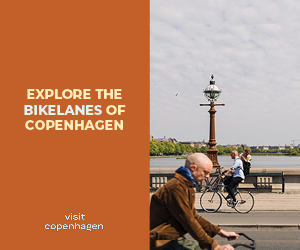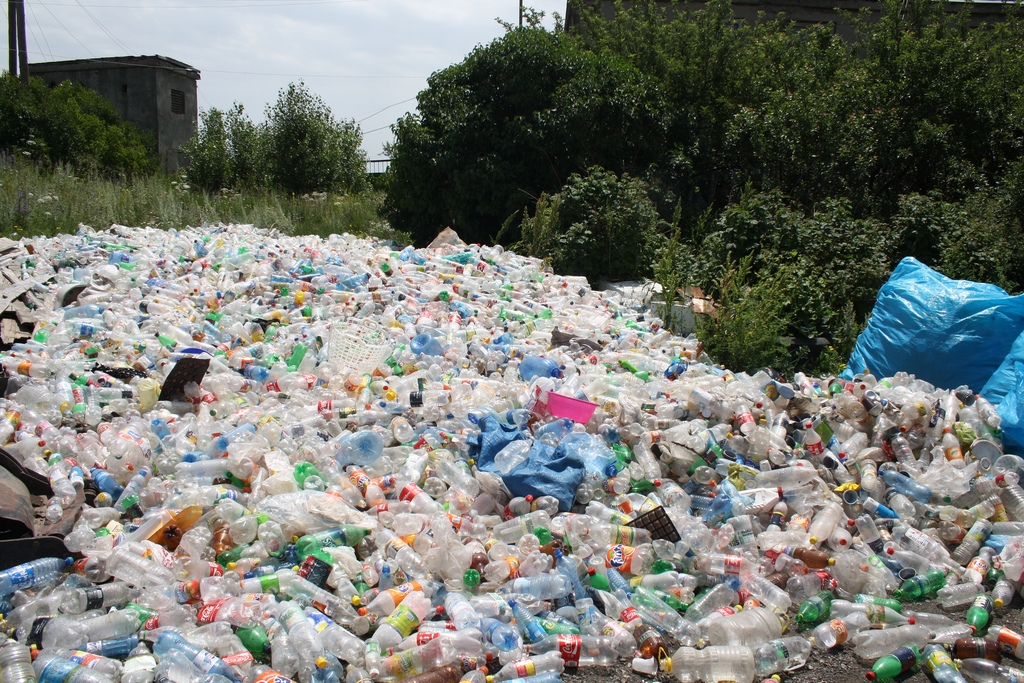Recently the launch of the second IPCC report on the impacts of climate change coincided with a bout of smog hitting London. Although strictly more an ‘air pollution’ than a ‘climate change’ problem, it highlighted the effects of industrial and transport emissions on our living environment.
It was almost as if the group of eminent climate change scientists in Japan were waggling a rather smudgy finger at the West, making it clear that impacts will be felt everywhere and by everyone. Indeed the discovery that the smog was a combination of European pollution and African sand seemed to highlight the international dimension.
As people gasped for breath in London, IPPC scientists grasped for ways to drive home the importance of their projected climate change impacts on our health, food and water supply. However amidst the interesting discussion of mitigation, adaptation, risk and resilience in Japan the smog was probably having far greater effect on the awareness of our vulnerability in the UK than the hefty IPCC report.
We may be able to ignore rising temperatures and sea levels but when we can physically feel the effects of climate change and pollution then we sit up and take notice. And when the evidence is literally in front of our eyes we may be more open to research on the health impacts of climate change, allowing it to become a personal issue and therefore one we act upon.
For example a recent study in Nature Climate Change assessed the impacts of climate change on mortality in the UK indicating that summers that are 2°C warmer than average would be expected to cause around 1,550 extra deaths across England and Wales. This received a wealth of media interest especially as it highlighted groups and regions that were particularly ‘at risk’. More generally there is a move to highlight the health issues around climate change. Earlier this year University College London and the Lancet reformed their commission on climate change and health with the resolute title of Climate crisis: emergency actions to protect human health. During the recent Climate Week the members were already blogging on subjects such as the smog in Beijing, the pros and cons of insulation for buildings and the interdependent impact of climate change on biodiversity and our health.
If work like this continues, then science could turn these unfortunate but impactful events into windows of opportunity to connect the individual to climate change. Particularly in today’s health conscious society, rather than asking people to save the world perhaps it’s best to ask them to protect their individual well-being? Sneaky maybe. Appealing to our selfish rather than altruistic side possibly. But if it has the desired effect in terms of a call to action does it really matter?













